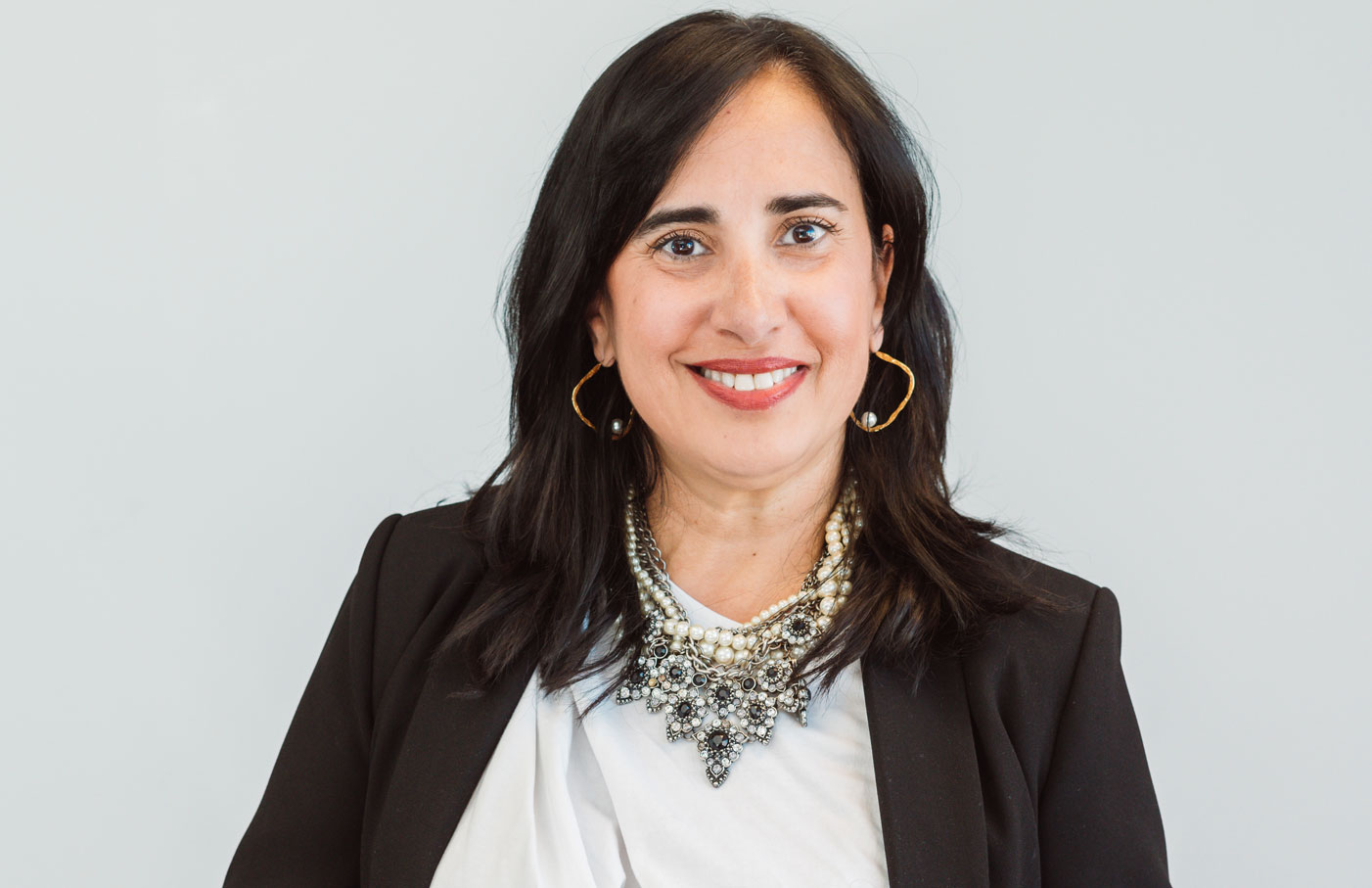The Pereiras, numerous Sephardic descendants

A common surname in Brazil, as well as quite traditional in Ceará, present in practically all regions of the state, is Pereira. Members of different branches of the family had a lot of prominence in Ceará politics, but where did the surname come from?
According to a report published by Superinteressante Magazine in 2017, Pereira is the 8th most common surname in Brazil. Around 2.3 million people currently use it in the country.
There is no consensus among scholars about the origin of this surname. What is known for certain is that Pereira was adopted by many Jews converted to Catholicism (new Christians) to escape the persecution.
The first records of the use of the surname Pereira, with this writing, date from the 12th century. The most traditional studies point to Portuguese as its origin Rodrigo Gonçalves de Pereira, who after rendering services to Dom Henrique de Borgonha (count of Portucale between 1096 and 1112), received as payment the properties of Palm and Pereira - name with possible reference to a pear plantation.
Other studies point to the first record of the use of this surname going back to Dom Gonçalo Pereira, a rich and powerful Portuguese man who lived in the 13th century. Was grandson of Gonzalo Rodrigues Frolaz, first of the family to migrate to Portugal, coming from Spain. This current points out that the surname Pereira has a toponymic origin, that is, it comes from the name of the place of origin, the Quinta de Pereira, located in Vermoim, northern Portugal, where the family manor was built. These first Pereiras were connected to the house of Braganza, in Portugal. According to this line of studies, the most remote origin of the family comes from the count of Forjaz Bermudez, nephew of Desidério, the last king of the Longobards, from Italy.
There are also indications that D. Bernardo Gavião, new christian, adopted the surname of Pereira around 1201, marrying Dona Joana G. Canalle, with whom she had several children, from which the Pereira de Mello (used by women) and Pereira Gavião (by male children) branches date.
THE PEREIRAS IN BRAZIL
The first Pereira to arrive in Brazil would have been the grantee Francisco Pereira Coutinho, murdered by the Tupinambás Indians in Itaparica, in 1549. His descendants left the region because of land conflicts, they headed towards the San Francisco and dispersed from Minas Gerais The Juazeiro da Bahia and settled in State in the regions of Petrolina, Lagoa Grande, Cabrobó, Flowers, Serra Talhada, Willow and Parnamirim, where they leased land from Tower House and formed farms, farms, towns and cities.
FONSECA PEREIRA IN CEARÁ
Studies point to Jewish ancestry of several branches of the Pereira family. In Brazil, one of the oldest branches is the Cunha Pereira, which dates from the 17th century and descends from Belchior da Rosa, that in complaint against João Nunes during the visitation of the Holy Office in Pernambuco in 1593, he declared himself a new Christian. The countless descendants of Belchior da Rosa bear traditional surnames, such as Cavalcanti, Bezerra, Monteiro, Sá, Cunha and Albuquerque, among others.
At the Ceara, a branch of the traditional family Pereira it can also be linked to Belchior da Rosa. The branch Fonseca Pereira, relatively new, dating from the 19th century, started with the wedding, on January 17, 1849 between Antonio Joaquim Pereira and Belisa, firstborn daughter of Major Captain Joaquim da Fonseca Soares e Silva and Teresa Leopoldina Barbosa da Fonseca, which started to sign Belisa da Fonseca Pereira.
Of the 16 children of the couple, seven kept the surname composed by their mother, “Fonseca Pereira”, in this case, Joaquim da Fonseca Pereira (Quincas), Maria da Fonseca Pereira, Rufina da Fonseca Pereira, João da Fonseca Pereira, Francisco da Fonseca Pereira , Matilde da Fonseca Pereira and Frederico da Fonseca Pereira.
Whether by direct route or by connection through weddings, the Pereira family is one of many that bring Sephardic origin.
Important to remember
Last names are indications, but they do not determine whether or not you are descendants of Sephardic Jews. To prove this link, a genealogical study is really necessary.
Find out if you are a Sephardic Jew descent
You can find out if you have Sephardic ancestry. To do this, you just have to correctly answer all the fields on our pre-analysis form. There are no costs associated with completing the form.

"Because of a controversy, they are changing a historical reparation," says Isabel Comte.
The proposed changes to the Nationality Law in Portugal remain at the center of public debate, even after the decision […]

"The Constitutional Court gave time, it didn't change the law," says a lawyer from Martins Castro.
The recent decision by the Portuguese Constitutional Court, which blocked key parts of the government's proposal to tighten access […]

Nationality for minor children: why is the process usually simpler?
Among the various pathways provided for in the Portuguese Nationality Law, transmission to minor children is usually perceived as a […]